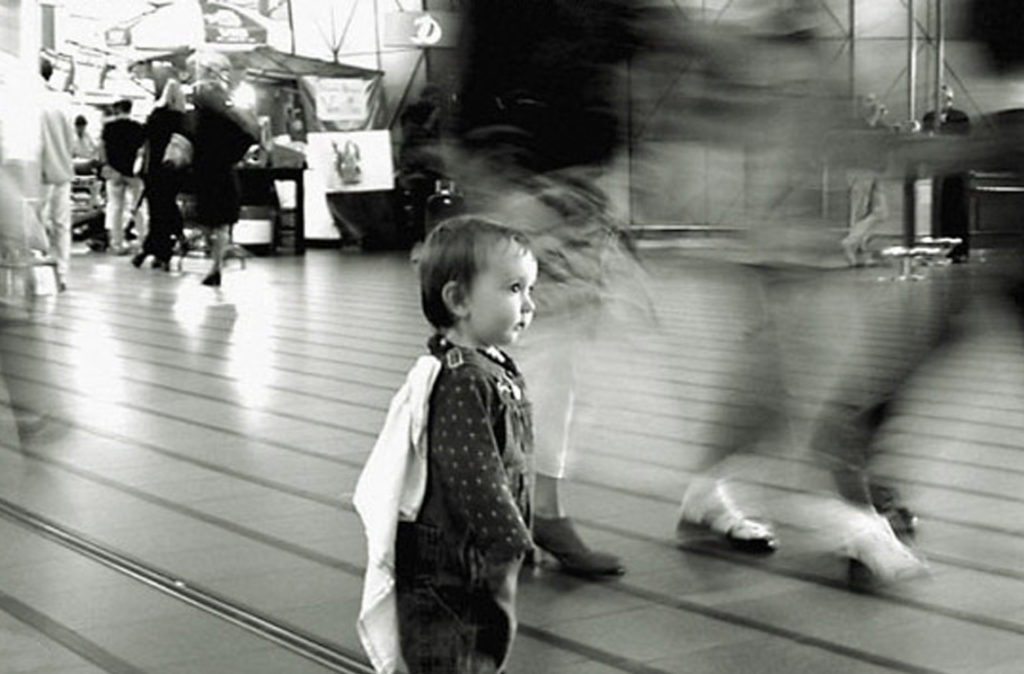When it comes to our child, their safety is our number one priority. Especially when the number of missing children and kidnapping cases that are on the rise in Malaysia.
Furthermore, some children who are in pursuit of a taste of freedom could easily be influenced by peers. While in pursuit of this so-called “freedom” which is driven by physiological and peer factors, some children are willing to abandon their home and follow strangers that they met via social media platform or even face-to-face.
Highlighted
Nevertheless, there’s no time like now to make sure that your kids are aware of the basic safety precautions. It is not wrong to start teaching your child about online safety, dangers around the house or even deal with strangers. Because the earlier you start educating your child, the earlier you can prevent it from happening.
After all, it needs to be an ongoing conversation.
Because there’s a limit to where we can protect our child. When they are grown or without us watching over them, what would they do in unsafe situations? There are few ways to educate your children about situation situations as well as people.
Be Fair and Reasonable
When you teach safety rules to your child as young as the age of four or five years, it’s best if you provide clear reasons for these rules. Help your four years old child understand that these rules are not intended to spoil their fun. In fact, it’s to keep them safe. Don’t resort to scare tactics or over exaggerate the situation. Because the more fair and reasonable your rules are, the more likely your child will adhere them.
Say It Often and Clearly
There are times when your child disobeys your safety rules, and when it happens, you need to make him understand and see that these behaviours have consequences. For instance, when your child runs around at “pasar malam” or night market, you should immediately pull him back, repeat your rule, explain your reason and warn him not to do it again.
Be Precise and Concise
It’s the parents’ duty to explain to their child about deplorable things that strangers might do. For instance, explain to them how some people pay a lot of attention to kids or even give them presents to attract their attention. Or some might be physical with kids or using inappropriate words to comment on the kid’s appearance. With this, parents should explain the possible situation to their child.
Role-play the Scenarios
One thing parents need to make sure is that to make their children understand that sometimes, it’s OK to reject or say no to people. Parents should talk through what they will do in situations that involve unsafe people.
For example, what if someone fetches him at school and identify themselves as their relatives or friends? Parents should act out situations with their child to let them understand and experience beforehand. It is one of the ways to hone your child’s self-protective instincts. Use scenarios that allow you to turn these role play into safety rehearsals.
Talk about uncomfortable feelings or actions
As parents, we should talk about situations or actions that you know would make your child uncomfortable because talking it through now can keep them safe late. Parents need to remind their child again and again that no one is allowed to touch their body in ways that make them uncomfortable.
But if they seem fearful while you are talking, skip the topic and ask them what are they feeling at that moment instead. Then talk through the situation another time.
Keep the safety conversations ongoing.
Safety is not a topic that you can bring up just once to your child. It needs to be regular and calm discussions with your child. Parents should keep the conversation ongoing when their kids are at a very young age. And get into a more detailed discussion as their kids get older.
Learn How and When to Use 9-9-9
It’s essential for your kids to know how to dial 9-9-9 but also when it’s important to do so. Talk to your child about the situations that they should call and when they shouldn’t. It is important for your child to remember emergency contact numbers as well as your numbers.
As a matter of fact, there will be a time when you can’t always hold your child’s hand and they have to walk alone. Days where they have to walk down the street themselves or play in the playground with other children. And even days when they have to attend school and will be away from you.
Therefore, it is important to help them learn how to protect themselves against strangers and their bodies. Talk about what is right and wrong in such situations. It is essential to teach your children the proper way to respond and communicate to you when they are in danger.
Follow us at Motherhood.com.my for more parenting tips and tricks!
